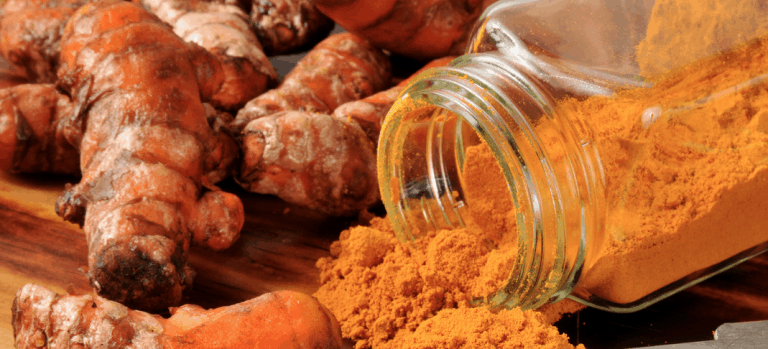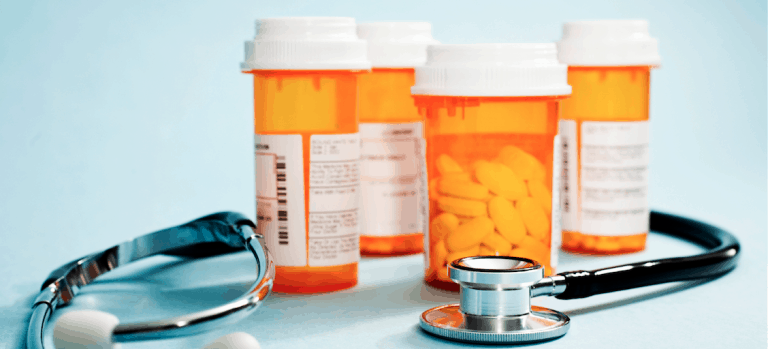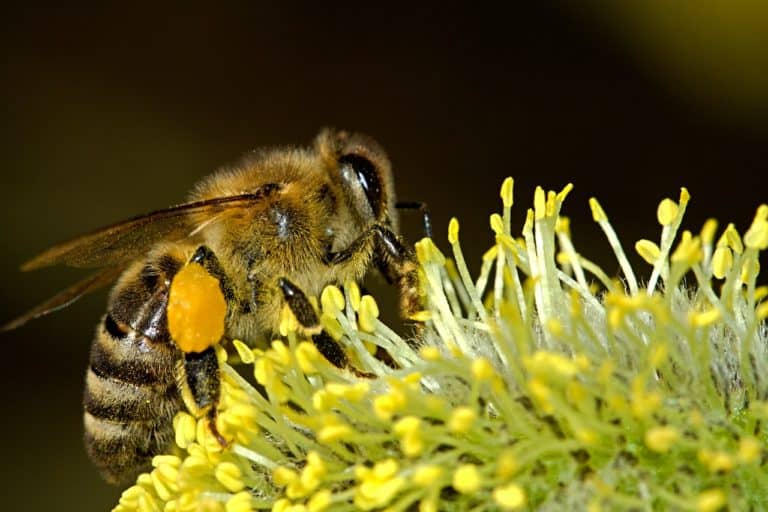Many men take quercetin for prostatitis treatment. This supplement and natural treatment has been gaining respect of the medical community for several years. Quercetin is a flavonoid found in many plants and foods, especially red grapes, red wine, apples, tea, berries, and onions. For over a decade, quercetin has been recognized as a potent antioxidant that has anti-inflammatory and anti-allergy effects by inhibiting the production and release of histamine and other inflammatory factors.
Quercetin is recognized in numerous studies as being beneficial for chronic prostatitis patients, usually at a dose of 500 mg daily. Quercetin is a natural option men may turn to for relieving symptoms associated with prostate problems, including prostatitis. Quercetin is one of the ingredients in phytotherapy, in which it is combined with pollen extracts. Phytotherapy is part of Dr. Geo’s “NPAT” CPPS Treatment Program as well as the UPOINT system for prostatitis treatment.
Quercetin for Prostatitis—Does It Work?
Quercetin for prostatitis treatment is a Tier 1 Supplement. That means that quercetin has many successful clinical studies and research that support its effectiveness. Plus, quercetin is one of the treatments doctors often recommend though the UPOINT System for Prostatitis Treatment. Doctors use the UPOINT system when diagnosing and treating prostatitis patients to narrow down symptoms and causes to recommend treatments that are found to be successful for those particular symptoms.
Research indicates that quercetin is effective for both bacterial and nonbacterial forms of chronic prostatitis.
Here are some of the many studies on using quercetin for nonbacterial cases of prostatitis, commonly known as chronic prostatitis/chronic pelvic pain syndrome (CP/CPPS):
- A randomized, double-blind study was published in Urology. It had 28 men with CP/CPPS taking either a placebo or 500 mg of quercetin twice a day for one month. The study’s authors also conducted a follow-up unblind, open-label study that involved an additional 17 men who received a supplement that contained quercetin, as well as other ingredients. At the end of the month, the men’s International Prostate Symptom Score (IPSS) fell from 21.0 to 13.1 in the quercetin group and from 20.2 to 18.8 in the placebo group. An improvement in symptoms of at least 25% was reported by 20% of patients taking placebo and 67% of patients taking quercetin. In the 17 patients who took the combined ingredients, 82% had at least a 25% improvement in their symptom score. Overall, the authors noted that quercetin “provides significant symptomatic improvement” in men who have CP/CPPS. (Shoskes 1999)
- Ten years later, the author of the previous study also conducted a multimodal study involving quercetin for 100 men with CP/CPPS. They found that quercetin was associated with a greater decline in CPPS symptoms than other approaches.
- In 1999, researchers reported that quercetin “provides significant symptomatic improvement” in patients with CP/CPPS due to quercetin’s anti-inflammatory and antioxidant properties. Two-thirds of the men in the study had improvements in their quality of life after taking quercetin.
- A more recent 26-week study conducted at Cleveland Clinic included 100 men with CP/CPPS. The study used a multimodal therapy based on the UPOINT phenotype as follows:
- urinary: alpha blocker or antimuscarinic
- organ-specific: quercetin
- tenderness: physical therapy
The main endpoint was a minimum 6-point decline in NIH-Chronic Prostatitis Symptom Index (CPSI). A median of 3 UPOINT domains were positive: organ-specific (70%), tenderness (64%), and urinary (59%). At a median 50-week follow-up, 84% of the men had at least a 6-point decline in CPSI. The number of domains and initial CPSI were not predictors of a man’s response. Although no one domain predicted outcome, quercetin’s use was associated with a greater CPSI decrease. (Shoskes 2010)
Chronic bacterial prostatitis is difficult to treat. Besides being helpful for CP/CPPS, quercetin has been found in studies to help those men with that chronic bacterial prostatitis as well. Quercetin is especially effective when combined with other supplements.
- Researchers conducted a prospective, randomized study to determine the therapeutic effect of combining extracts of quercetin and curcumin with saw palmetto and stinging nettle compared with taking the antibiotic prulifloxacin in men with chronic bacterial prostatitis. A total of 143 patients were split into two groups: Group A (with 106 patients) received both prulifloxacin (600 mg daily) plus the combined natural ingredients for 14 days; Group B (with 37 men) received only the antibiotic. After one month, 89.6% of men who received the natural formulas had no symptoms of prostatitis compared with only 27% of the men in the antibiotic-only group. Six months after the intervention portion of the study ended, no patients in Group A had recurrence of prostatitis compared with two patients in Group B. The authors concluded that the association of quercetin, curcumin, saw palmetto, and stinging nettle extracts can improve the clinical efficacy of prulifloxacin in men with chronic bacterial prostatitis. (Cai 2009)
Some of the urinary symptoms of CP/CPPS are similar to another prostate condition, enlarged prostate (benign prostatic hyperplasia—BPH). Even though they are not related, it can be helpful to look at studies on how quercetin works for similar symptoms in that condition as well.
- Scientists reported on their evaluation of the effect of quercetin in combination with the BPH drug Proscar (finasteride) on the prostate gland in rats in a study published in the Journal of Endocrinology. The quercetin (at doses of 50, 100, or 150 mg of quercetin per kg of body weight) along with the Proscar resulted in a 31.8%, 40.0%, and 48.2% reduction, respectively, in prostate weight. The authors concluded that quercetin works with Proscar to reduce prostate weight through a cell cycle-related pathway that may function independent of androgens.
Uses and Side Effects of Quercetin for Prostatitis Treatment
Many of the quercetin studies had participants taking 500 mg of quercetin per day. Do not exceed 1 gram daily of quercetin without consulting your healthcare provider. Side effects may include headache and stomach upset.
It is important to know that quercetin is contraindicated with a class of antibiotics such called quinolones. Quercetin may decrease these drugs’ effectiveness. Commonly prescribed quinolones include Cipro, Levaquin, Floxin, and Avelox. Quercetin may also increase the risk of bleeding for men who are on blood thinners.
*Dr. Geo Espinosa, N.D., L.Ac, CNS, RH (AHG) is the Director of the Integrative Urological Center at New York University Langone Medical Center.
References for Quercetin for Prostatitis:
Cai T et al. Serenoa repens associated with Urtica dioica (ProstaMEV) and curcumin and quercitin (FlogMEV) extracts are able to improve the efficacy of prulifloxacin in bacterial prostatitis patients: results from a prospective randomized study. Int J Antimicrob Agents 2009 Jun; 33(6): 549-53
Kim YH, Lee YJ. TRAIL apoptosis is enhanced by quercetin through Akt dephosphorylation. J Cell Biochem 2007 Mar 1; 100(4): 998-1009
Lee DH et al. Role of Bax in quercetin-induced apoptosis in human prostate cancer cells. Biochem Pharmacol 2008 Jun 15; 75(12): 2345-55
Ma Z et al. Reduction of rat prostate weight by combined quercetin-finasteride treatment is associated with cell cycle deregulation. J Endocrinol 2004 Jun; 181(3): 493-507
Nair HK et al. Inhibition of prostate cancer cell colony formation by the flavonoid quercetin correlates with modulation of specific regulatory genes. Clin Diag Lab Immunol 2004 Jan; 11(1): 63-69
Senthilkumar K et al. Quercetin regulates insulin like growth factor signaling and induces intrinsic and extrinsic pathway mediated apoptosis in androgen independent prostate cancer cells (PC-3). Mol Cell Biochem 2010 Nov; 344(1-2): 173-84
Shoskes DA et al. Quercetin in men with category III chronic prostatitis: a preliminary prospective, double-blind, placebo-controlled trial. Urology 1999; 54(6):960-63.
Shoskes DA et al. Phenotypically directed multimodal therapy for chronic prostatitis/chronic pelvic pain syndrome: a prospective study using UPOINT. Urology 2010 Jun; 75(6): 1249-53
University of Maryland Medical Center
Vijayababu MR et al. Quercetin downregulates matrix metalloproteinases 2 and 9 proteins expression in prostate cancer cells (PC-3). Mol Cell Biochem 2006 Jul; 287(1-2): 109-16







